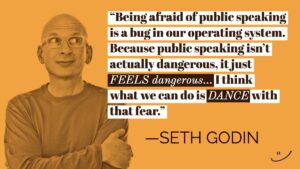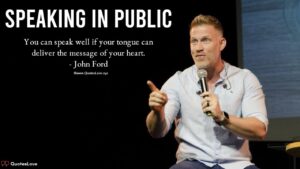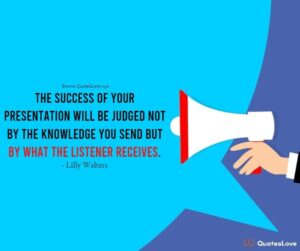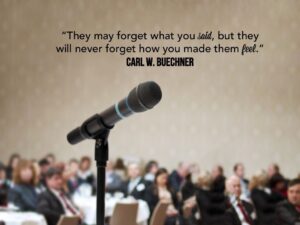WIN SYSTEM VALUE: If you know your intentions, and you are passionate about them, public speaking will be easy.
Watch Greta Thurnberg’s READ SPEECH and share your critique about her delivery as a whole.

Through a teacher-student assessment, plus class participation, the students
WIN SYSTEM:

Extemporaneous Speech is this:
Extemporaneous speaking is :
(1) composed, performed, or uttered on the spur of the moment: impromptu
(2) carefully prepared but delivered without notes or text
(3) skilled at or given to extemporaneous utterance
Meriam Webster
After watching a video on extemporaneous speech, a short lecturette by the teacher, the students are all given 3 minutes to deliver their extemporaneous speeches.
The teachers check on the grammar, fluency, pronunciation, delivery, posture, and general performance after everyone had delivered their speech.
WIN SYSTEM SKILL:

A panel discussion, or simply a panel, involves a group of people gathered to discuss a topic in front of an audience, typically at scientific, business, or academic conferences, fan conventions, and on television shows. Panels usually include a moderator who guides the discussion and sometimes elicits audience questions, with the goal of being informative and entertaining.[1][2] Film panels at fan conventions have been credited with boosting box office returns by generating advance buzz. ( Wiki)
After watching the lecture on how to moderate a panel discussion, and watching a video on Teenage Bullying, the students take turns moderating a panel discussion.
How to moderate a panel discussion:
Panel Discussion: Bullying
WIN SYSTEM VALUE: If you know your intentions, and you are passionate about them, public speaking will be easy.
Watch Greta Thurnberg’s READ SPEECH and share your critique about her delivery as a whole.

